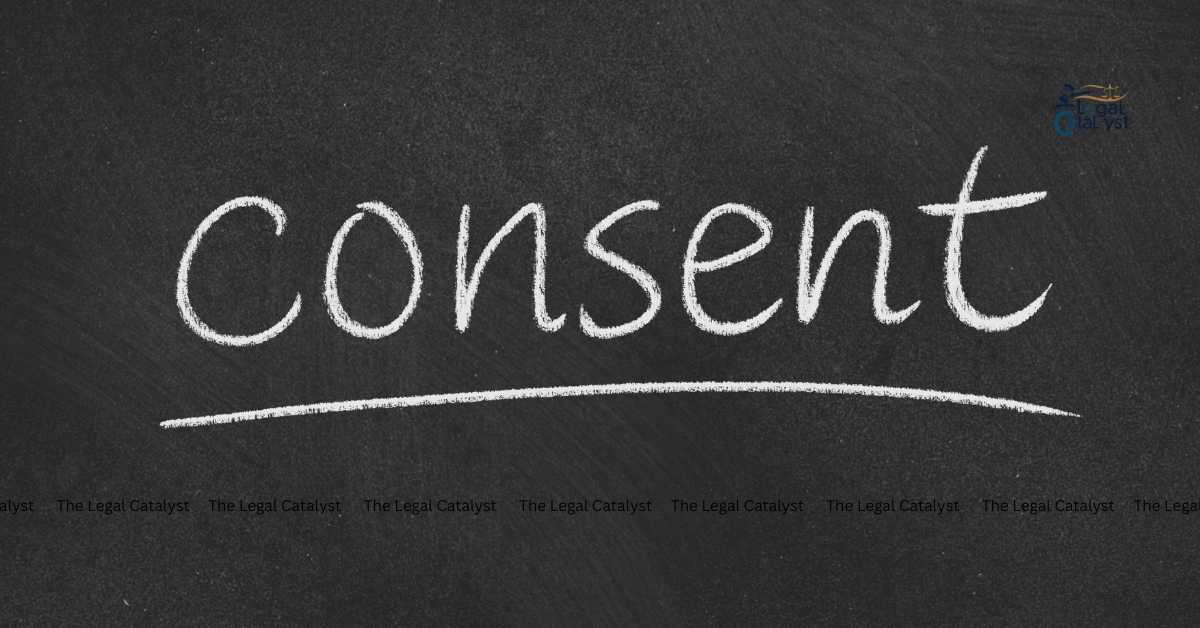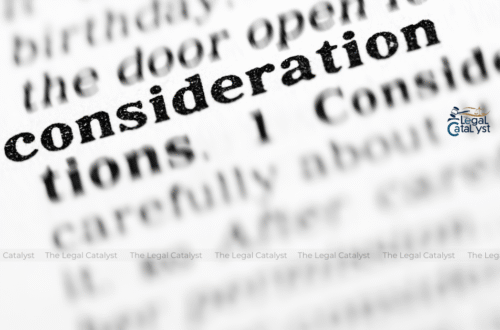This article is written by ISHAN SINGH, student, University of Lucknow
- Introduction
- Meaning of Consent and Free Consent
- ️ Consent [Section 13]
- ️ Free Consent [Section 14]
- Factors Affecting Free Consent
- ️ Coercion [Section 15]
- ️ Undue Influence [Section 16]
- ️ Fraud [Section 17]
- ️ Misrepresentation [Section 18]
- ️ Mistake [Sections 20–22]
- Legal Consequences of Absence of Free Consent
- Conclusion
Introduction
A valid and enforceable contract is premised upon the principle of consensus ad idem—a meeting of the minds between the contracting parties. Among the essential conditions for a valid contract as prescribed under the Indian Contract Act, 1872, is that it must be entered into with the free consent of all parties involved. Consent that is not freely given renders the agreement either void or voidable, depending on the nature and extent of the defect. The doctrine of free consent is therefore fundamental to the legitimacy and enforceability of contractual arrangements.
Meaning of Consent and Free Consent
Consent [Section 13]
As per Section 13 of the Act:
“Two or more persons are said to consent when they agree upon the same thing in the same sense.”
This reflects the concept of consensus ad idem, wherein all parties must have a common understanding regarding the subject matter of the contract.
Free Consent [Section 14]
Section 14 defines “free consent” as consent not caused by:
- Coercion (Section 15)
- Undue Influence (Section 16)
- Fraud (Section 17)
- Misrepresentation (Section 18)
- Mistake (Sections 20–22)
If consent is vitiated by any of the first four elements, the resulting contract is voidable at the option of the aggrieved party. In instances of bilateral mistake, the agreement may be rendered void.
Factors Affecting Free Consent
1. Coercion [Section 15]
Definition:
Coercion involves the use or threat of use of force or illegal detention to compel a party to enter into an agreement. As defined in Section 15, coercion includes:
- Committing or threatening to commit any act forbidden by the Indian Penal Code (IPC)
- Unlawful detention or threat of detention of any property
Key Points:
- The coercive act may be directed against the party or a third person.
- It may be applied by any individual, regardless of their involvement in the contract.
Leading Case:
Chikham Ammiraju v. Chikham Seshamma (1917)
Here, a man threatened to commit suicide unless his relatives signed a release deed. The court held this to constitute coercion under Section 15.
2. Undue Influence [Section 16]
Definition:
A contract is said to be induced by undue influence where one party is in a position to dominate the will of the other and uses that position to gain an unfair advantage.
Situations Implying Dominance:
- Fiduciary relationships (e.g., guardian-ward, spiritual advisor-devotee)
- Relationships involving authority (e.g., employer-employee)
- Circumstances of physical or mental weakness
Burden of Proof:
When a transaction appears unconscionable and is made in a context involving a dominant party, the burden of disproving undue influence lies on the party in the dominant position.
Leading Case:
Ranee Annapurni v. Swaminatha (1910)
An illiterate woman, dependent on her spiritual advisor, executed a deed in his favor. The court found this to be an instance of undue influence.
3. Fraud [Section 17]
Definition:
Fraud, under Section 17, refers to intentional deception committed by a party to a contract with the objective of inducing the other party into the agreement.
Instances of Fraud Include:
- Suggesting a fact known to be false
- Actively concealing a material fact
- Making a promise without intent to perform
- Any deceptive act or omission as declared fraudulent by law
Essential Elements:
- The fraudulent act must be committed by a party to the contract.
- There must be intent to deceive.
- The misrepresentation must induce the aggrieved party to act.
Leading Case:
Derry v. Peek (1889)
It was held that a false statement, made without fraudulent intent, does not constitute fraud unless made knowingly or recklessly.
Connect with us on Instagram @thelegalcatalyat_
4. Misrepresentation [Section 18]
Definition:
Misrepresentation refers to an innocent or negligent false statement of fact that induces another party to enter into a contract.
Forms of Misrepresentation:
- Positive assertion not warranted by information
- Innocent breach of duty
- Mistaken expression leading to an erroneous assumption
Effect:
Contracts induced by misrepresentation are voidable at the discretion of the misled party, unless that party could have discovered the truth through ordinary diligence.
Leading Case:
Bisset v. Wilkinson (1927)
A seller’s incorrect opinion regarding land’s productivity was held not to be misrepresentation, as it was clearly an opinion and not a factual assertion.
5. Mistake [Sections 20–22]
Definition:
A mistake arises when parties are under an incorrect belief regarding a fact or law relevant to the contract.
Types of Mistake:
- Mistake of Fact:
- Bilateral Mistake: Both parties are mistaken about an essential fact—renders the contract void.
- Unilateral Mistake: Only one party is mistaken—generally, the contract remains valid unless the mistake pertains to the identity of the person or the nature of the contract.
- Mistake of Law:
- Indian Law: Ignorance of Indian law is no excuse.
- Foreign Law: Considered a mistake of fact.
Leading Case:
Cundy v. Lindsay (1878)
A contract was declared void due to a mistake regarding the identity of the person the contract was made with.
Legal Consequences of Absence of Free Consent
- Voidable Contracts:
Where consent is obtained through coercion, undue influence, fraud, or misrepresentation, the affected party may either rescind or affirm the contract. - Void Contracts:
In cases of mutual mistake as to a material fact, the agreement is void ab initio. - Restitution:
Upon rescission of a voidable contract, parties are required to restore any benefits received under the agreement, in accordance with Section 64.
Conclusion
The doctrine of free consent is a cornerstone of contractual jurisprudence under the Indian legal framework. The Indian Contract Act, 1872, clearly delineates circumstances that vitiate consent, thereby safeguarding the principle of voluntariness and preventing exploitation in contractual dealings. For a contract to be valid, the consent of the parties must not only be genuine but also free from any form of coercion, undue influence, fraud, misrepresentation, or mistake. A thorough understanding of these principles is indispensable for legal practitioners, scholars, and students, as they form the basis for evaluating the enforceability and fairness of contractual relationships.
Also Read






you may have an ideal weblog here! would you like to make some invite posts on my blog?